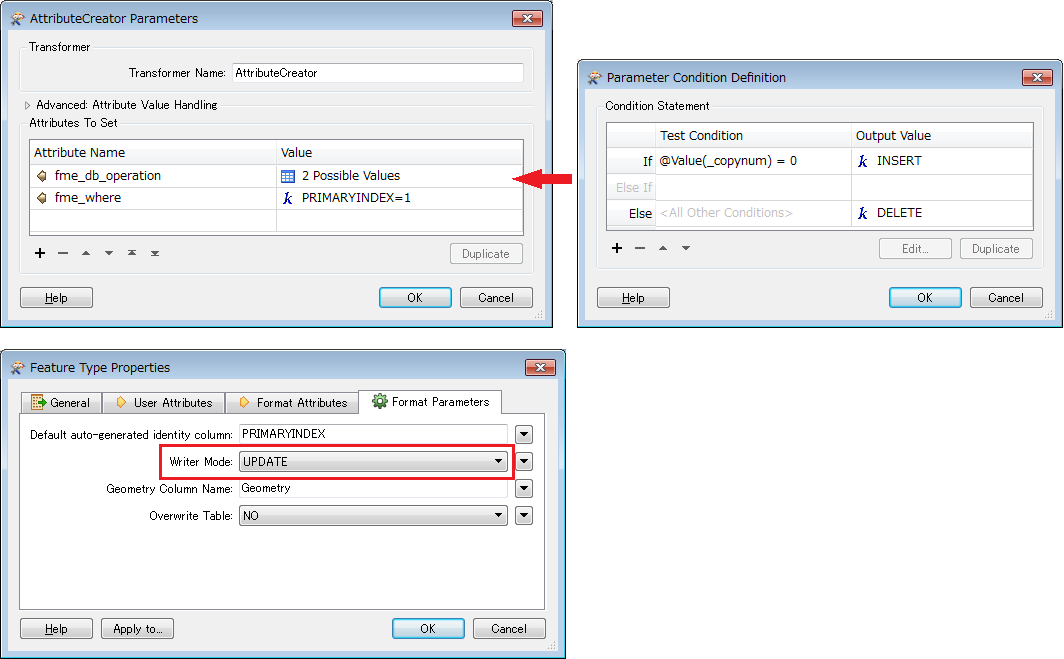Hi,
I export from Oracle (Spatial) to SDF. No tables are created in the SDF file if the table/view in Oracle doesn't contain data. The target application which consumes the SDF files expects a certain table structure - even if tables are empty. Can I force the creation of emtpy tables in writer?
Creating a dummy data set in Oracle is not an Option.
Many thanks, Rob
Best answer by takashi
View original







